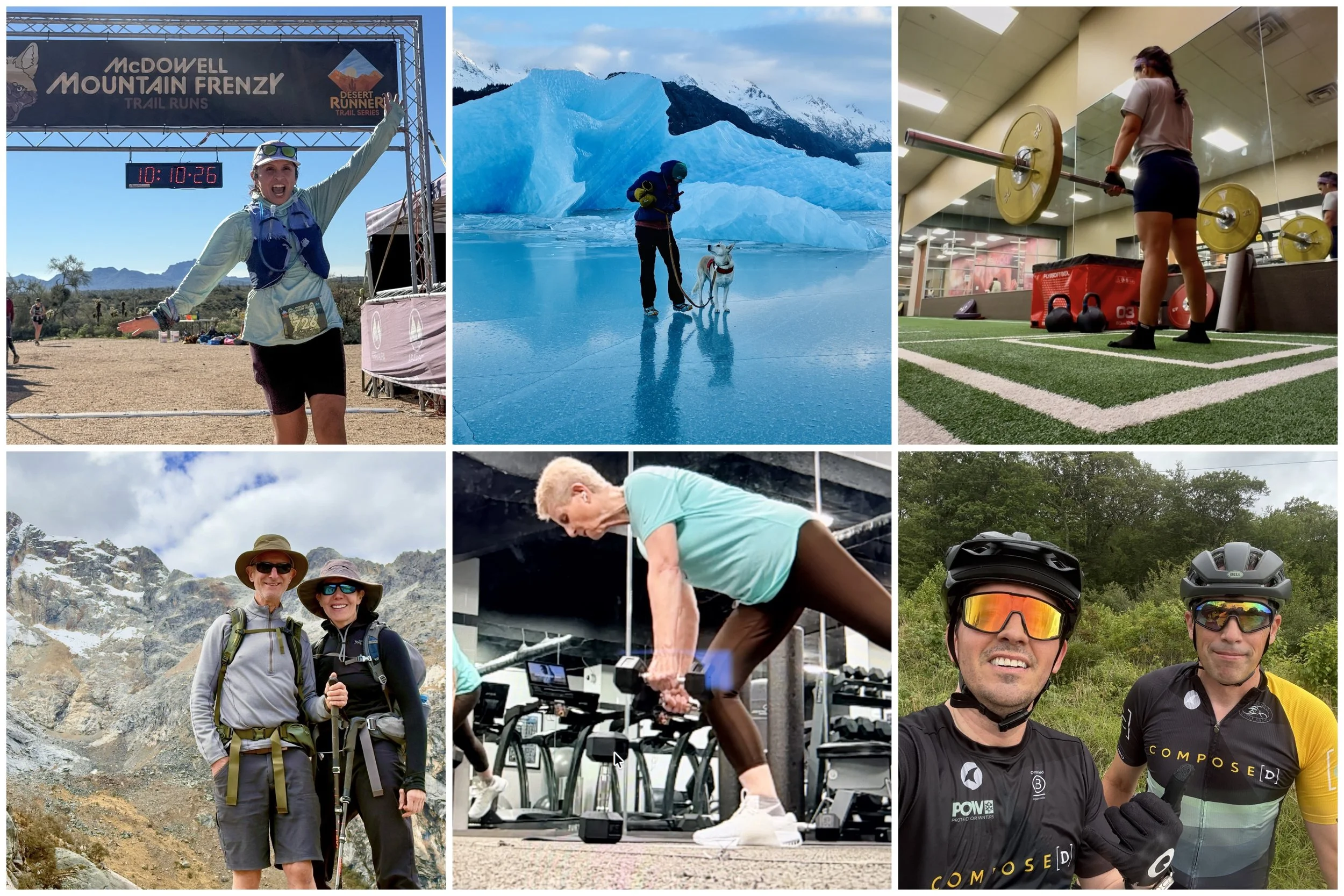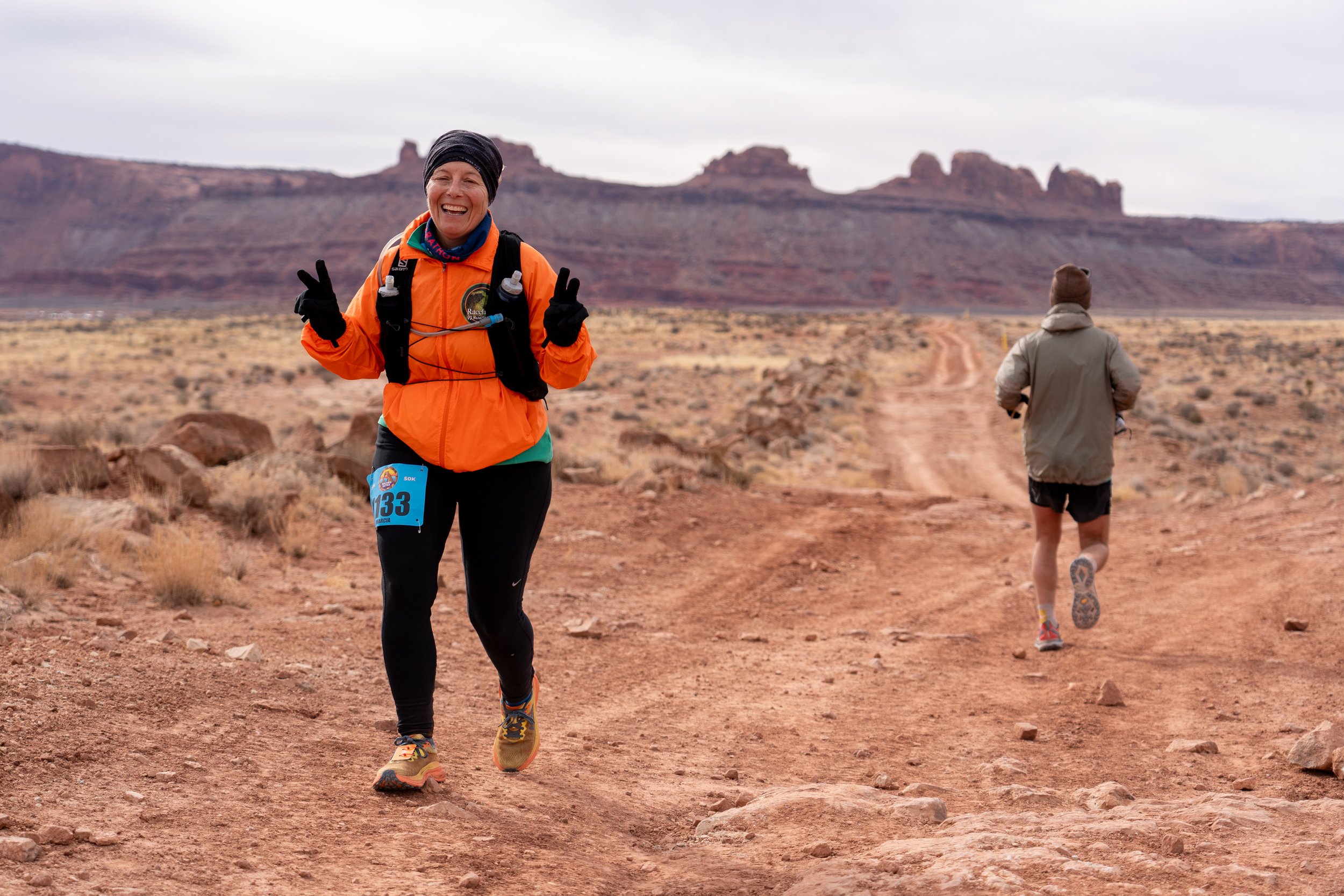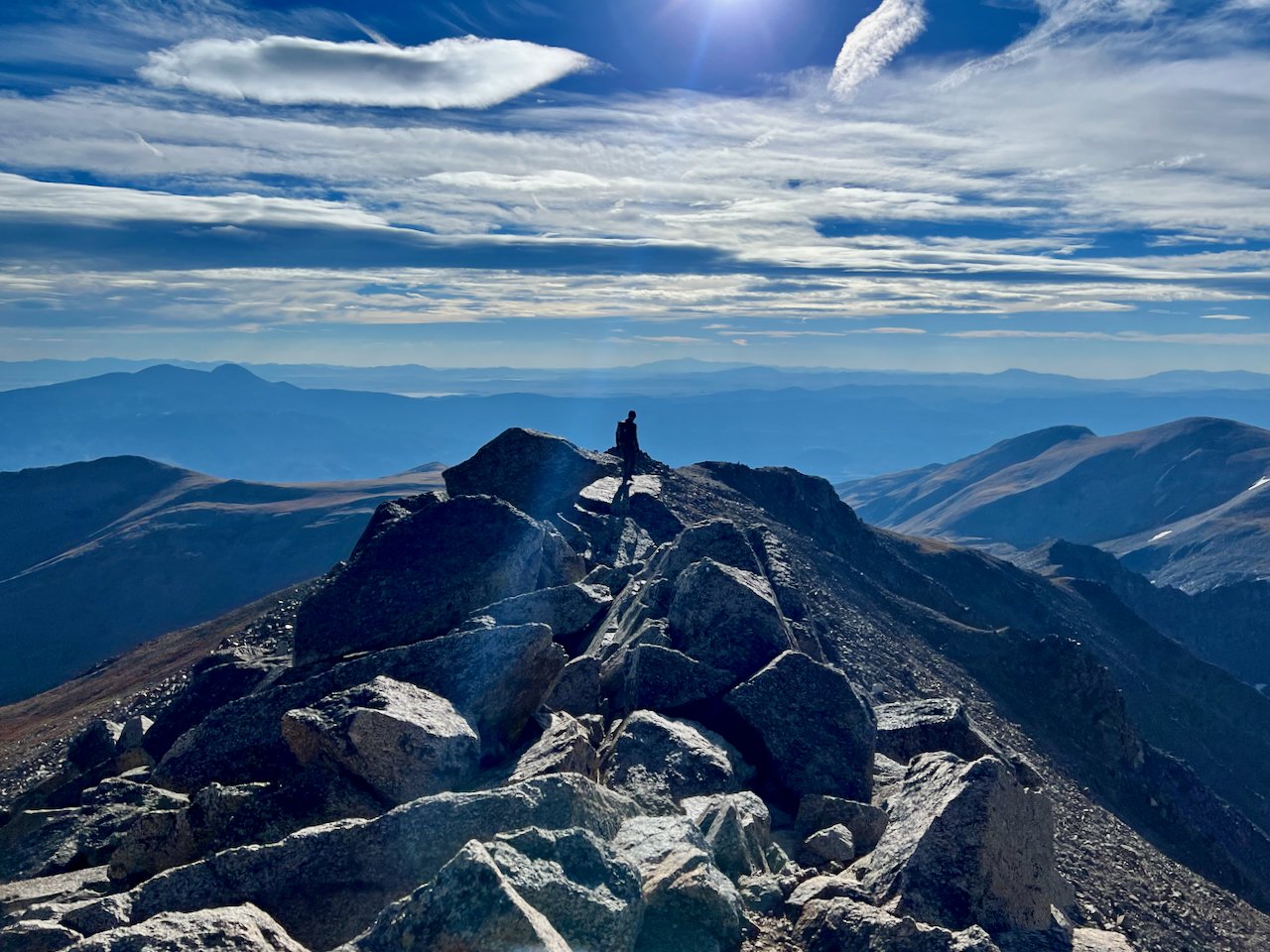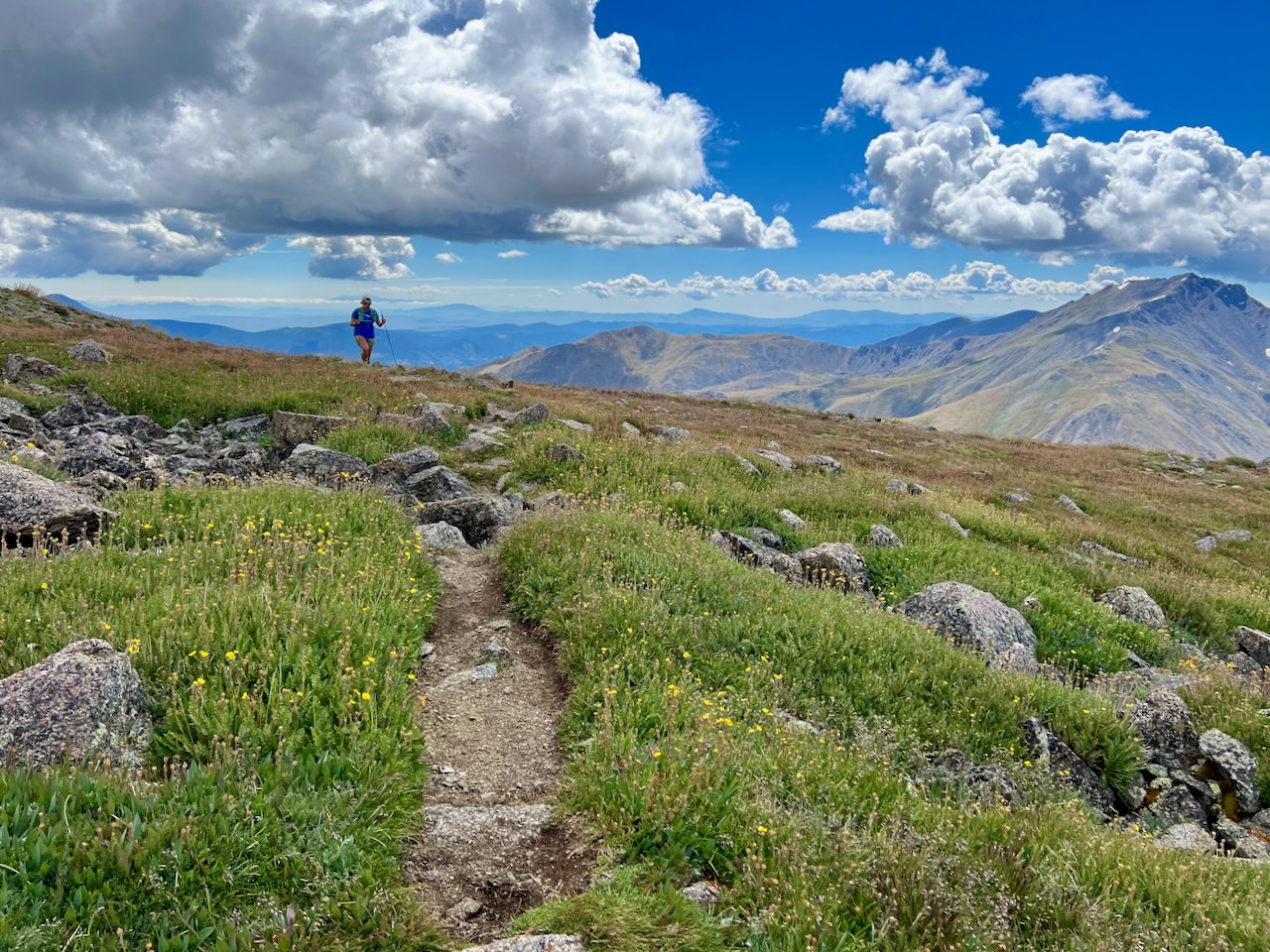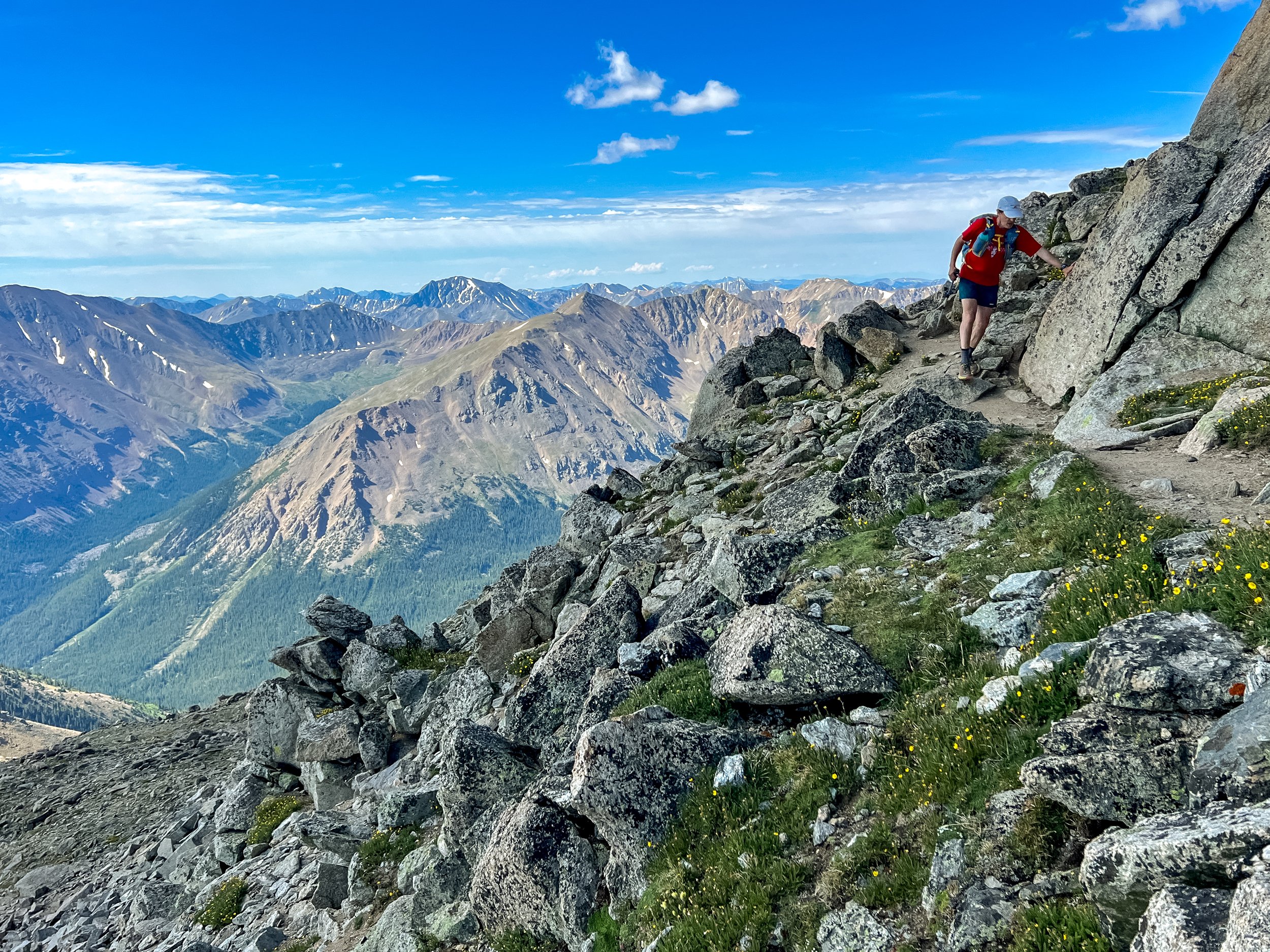Leave No Trace
Leave No Trace - The Leave No Trace Center for Outdoor Ethics is an educational, nonprofit organization dedicated to the responsible enjoyment and active stewardship of the outdoors by all people, worldwide.
We are here to explore the lands as freely as we like but we must revere them. With proper preparation and awareness we can accomplish the goal of safe travel and enjoyment while simultaneously minimizing our impact and leaving the Parks and Forests in better shape when we leave.
Lately more and more litter has been found at trailhead parking lots and within the 1st few 100 yards of established trails. This is largely do to the fact that most people only travel short distances from a trail head and land management depends on the responsibility of the people to follow the Carry in Carry Out policy but unfortunately some ignore this responsibility. The carry in carry out principle is simple; take little with you and leave nothing behind. This starts at home with your pre trip planning and preparation.
Carry In Carry Out
If you see anything left on the trails such as wrappers, bags, extra food, bottles, paper etc. please pack it out with you. Leave the area in better shape then when you fist arrived.
Pack as minimally as possible but yet keep safety in mind.
When packaging your foods, combine packaging and properly estimate the amount of food that would be adequate for a particular trip.
We encourage you to bring a sealable bag to put trash and waste in.
Use reusable water bottles and bladders – such as Nalgene BPA free plastic bottles or their Stainless Steel Version, NathanSports bottles & bladders and other durable, environment friendly bottles and packs.
The Carry in Carry Out Policy does not just apply to the trails but also pertains to the parking lots and everywhere you visit, even your local your area. Educate others to do the same.
Garbage found near Pine Meadow Lake in Harriman State Park, New York. This accumulated because one person left trash behind and then others followed.
Leave No Trace Principles
All of LNT principles and much more can be found on the Leave No Trace Website. Below we will discuss some of these in more detail but please visit the Leave No Trace website to learn more about minimizing your impact.
Plan ahead and prepare
Travel and camp on durable surfaces
Dispose of waste properly
Leave what you find but pick up your litter that does not belong
Minimize campfire impacts or avoid entirely
Respect wildlife!
Be considerate of other visitors
Disposing of waste & the 200 feet rule
“Proper disposal of human waste is important to avoid pollution of water sources, negative implications of someone else finding it, minimizing the possibility of spreading disease and maximize the rate of decomposition.” Leave no Trace
When the time comes to use the outdoor restroom, find an area that is at least 200 ft from a water source, camping areas and trails. Dig a hole about 8-10 inches deep (cathole), by using your hands or a stick for the digging. Be sure to cover & disguise the cathole when finished. Place dirty paper or hygiene products in your special litter bag and take it home or to the closest trace facility.
When urinating, try not to do so on vegetation and be at least 200 feet away from any water source, camp area or trails. Avoid mountain summits.
To wash yourself, clothing or dishes, carry water 200 feet away from streams, lakes, trails and campsites and use a biodegradable soap. When finished scatter the dirty water. You should never wash dishes or yourself within a stream or a viable water source. Remember that it is okay to be dirty.
Campfires
Before entering a park check out the rules and regulations regarding campfires and stoves. Some parks have a zero tolerance policy due to forest fires and overuse. Some parks have designated areas for campfires and where campfires are permitted, please use the established area, no exceptions.
Travel
Try to stay on the trail, as alluring as it is to adventure off the beaten path, please beware that you are degrading plants and soil that haven’t had the opportunity to flourish and maybe close to extinction. As an example to the importance of this, Joe and I were at the summit of Mt Algonquin in the Adirondacks in 2011, when a summit steward came up and gave us information about the rare alpine vegetation. Alpine plants are very sensitive to footsteps because of the environment they live in. Over a growing season, a plant is able to produce only enough energy to carry out its basic life cycle. They cannot compensate for foot damage caused by trampling, and therefore are easily killed. When plants die and their roots are lost, soil that took more than ten thousand years to accumulate is easily eroded by wind and water. The Summit Steward encourages everyone to respect this and walk on the rocks and to stay to the paths. We do some bush whacking from time to time but only in areas that our impact will be minimal and snow is abundant.
Wildlife
Wildlife is one of nature’s gifts that each of us looks forward to seeing when we are visiting the outdoors; It’s very important that we observe wildlife from a distance and give them the respect they deserve. Do not feed or try to approach them. Protect wildlife and your food by storing food and trash securely. Learn about wildlife through quiet observation. Quick movements and loud noises will surly scare away wildlife but not only that, it is very stressful to the animal as well. The one exception is when you are in bear country.
When traveling in bear country it is important to make noise when you are hiking on trails with blind corners and dense vegetation. By talking and making noise you alert the bears that are nearby so you don’t surprise one. Bears behavior varies, usually they are easily scared away by you as soon as your presences is felt. When a bear or any animal is protecting its cubs or food, they may become aggressive. In this case, if it is a black bear, hold your ground, make noise, waive your arms, make yourselves large and be as loud as possible and back away slowly. If the bear still hangs around and decides to charge, fight back. Black bears tend to continue their assault.
If it is a brown bear keep yelling waiving your arms, make yourself and your group look big, if the bear charges don’t hold your ground, get into a fetal position place your hands behind your head, protect your vital areas and keep your backpack on. Try to stay calm, remember that we are not too tasty as a food source so the hope is the bear no longer sees you as a threat and backs away.
If you find yourself in any of these encounters and the bear is just casually strolling along, not really paying to much attention to you, just quietly back away and find another route. Lastly, never run, especially if the bear sees you and you are in bear country always hike with a group, carry bear spray and knife (know how to use it, never let go and know where the vital spots are).
When camping make sure to have a bear safe canister to hold all food and items that carry a lot of odor. Many parks today mandate a bear canister, so once again check with the rules and regulations of the park you intend to visit. Always cook away from where you are sleeping and store the canister before bed at least 200 yards away, downwind from your camp area.
Trail Etiquette
“One of the most important components of outdoor ethics is to maintain courtesy toward other visitors. It helps everyone enjoy their outdoor experience.” Leave no Trace
Be courteous. Yield to other users on the trail.
Step to the downhill side of the trail when encountered.
Take breaks, camp or have lunch away from trails and others.
No radios or loud voices and noises that could disturb your experience as well as others around you.
Respect the environment.
Respect others.
Make a difference.
Help anyone that needs help.
Don't be hesitant to offer advice if you see a situation to be unsafe.
The outdoors are for everyone, respect it, be responsible, spread the word and enjoy the adventures!

